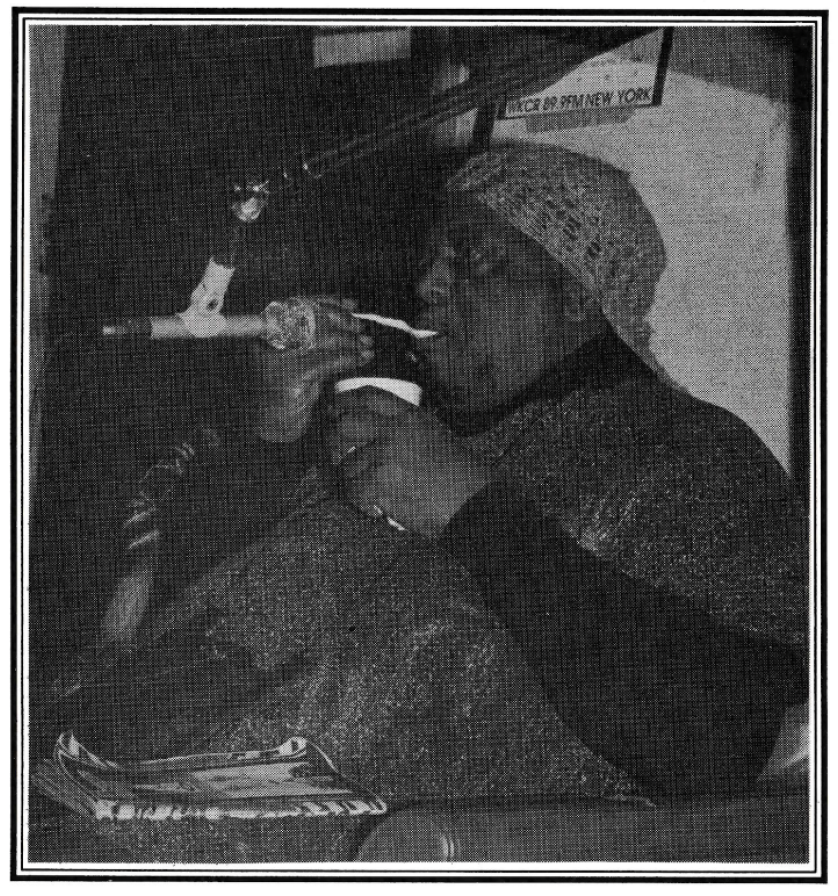JFK Show
This show features John F. Kennedy's inauguration speech in 1961 paired with jazz related to that period in some way. (Recorded, performed, released on an album, etc.) Note, however, the version of the song in this program might not be the exact 1961 version. The songs in the program are as follows:
My Favorite Things-John Coltrain
Stolen Moments-Oliver Nelson
I'm Late, I'm Late-Stan Getz
Well, You Needn't-Miles Davis
Blues March-Art Blackey
Fantasia-Dizzy Gillespie
Waltz for Debby-Bill Evans
